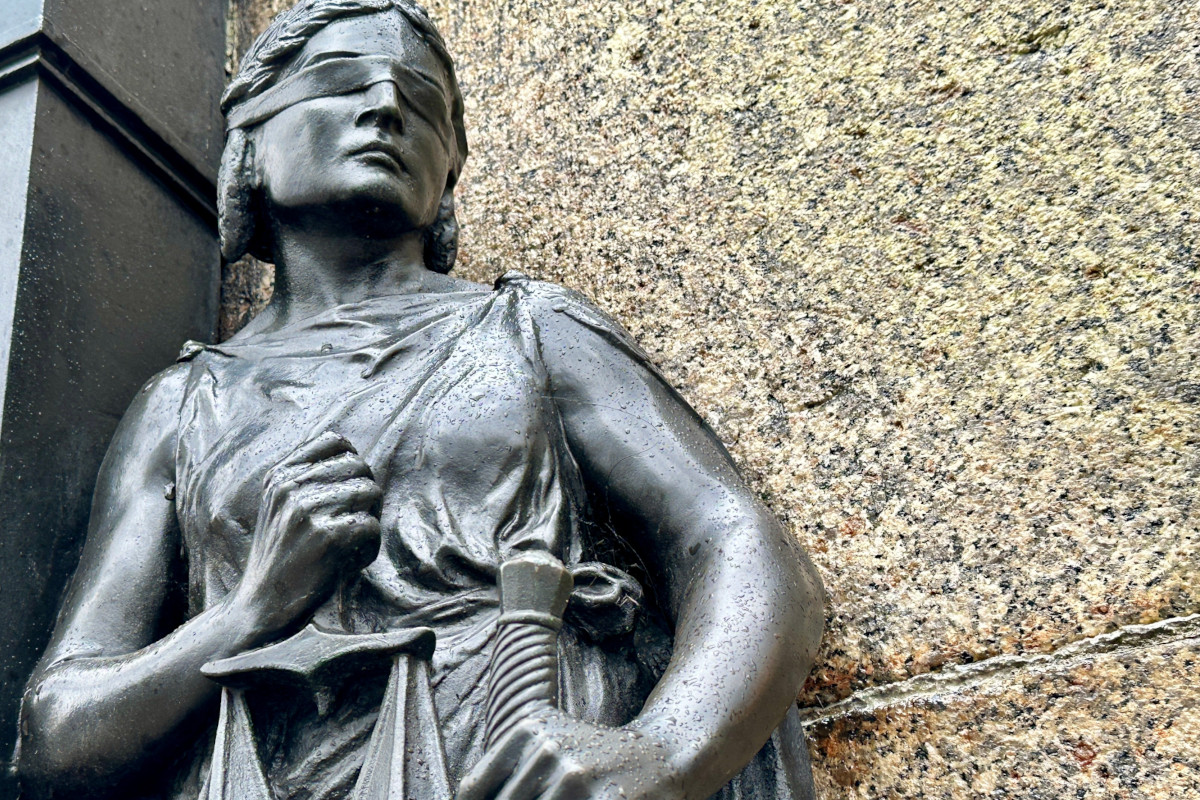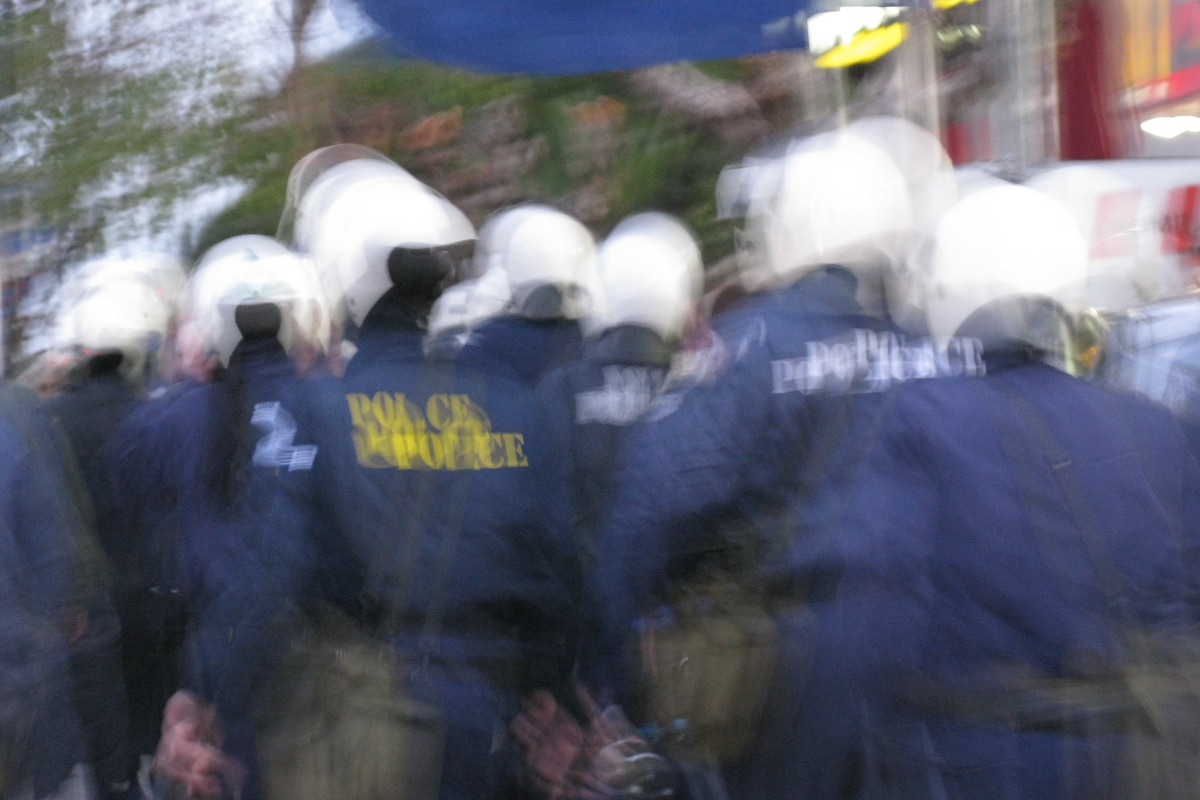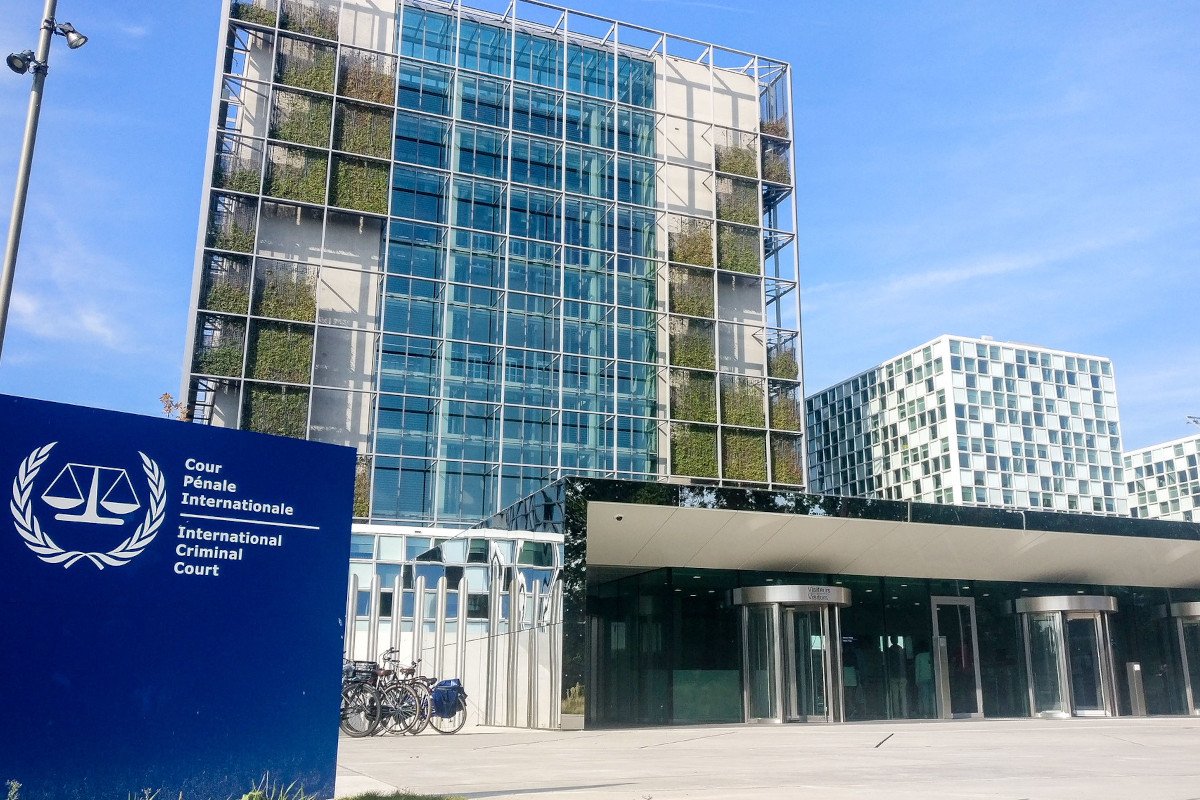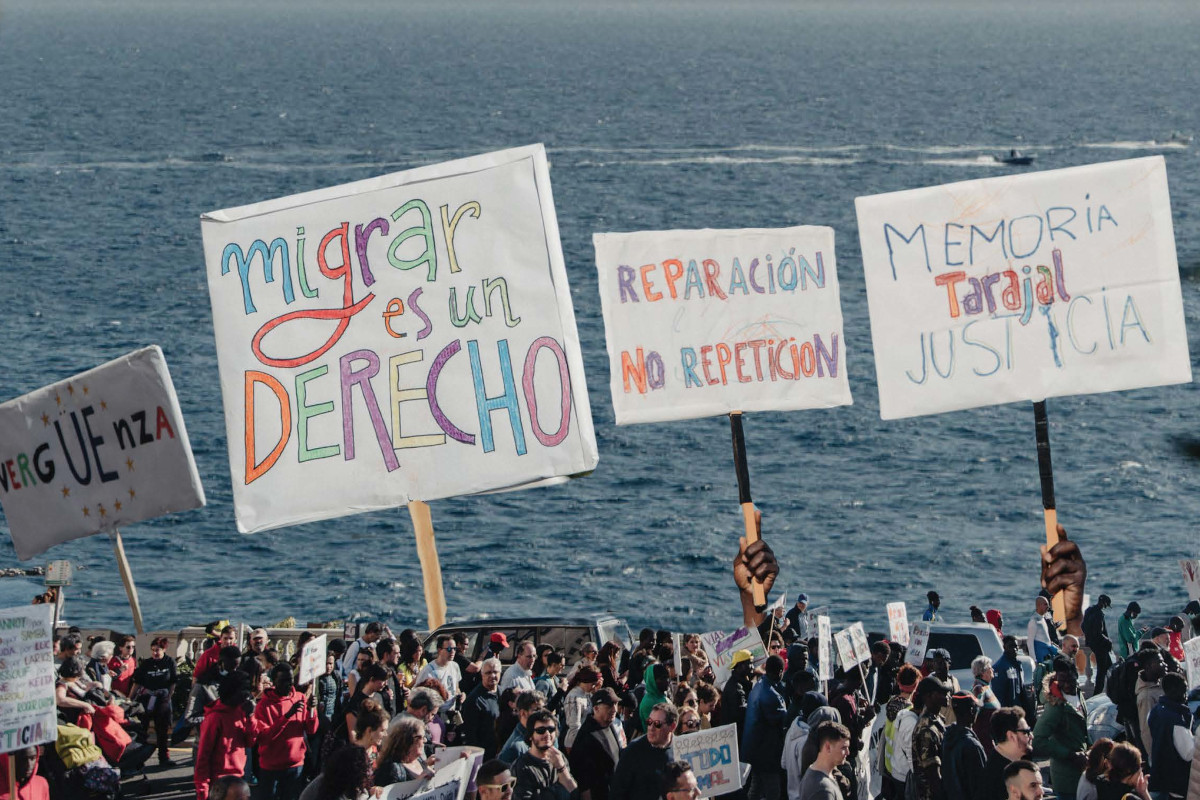Deportation camps: EU member states want to “prevent judicial scrutiny”
Topic
Country/Region
12 May 2025
Agreements between the EU and non-EU states on so-called “return hubs” should be “framed in flexible way” to “prevent judicial scrutiny.” This is according to a document produced by the Polish Presidency of the Council in February, obtained and published by Statewatch.
Support our work: become a Friend of Statewatch from as little as £1/€1 per month.

Image: Matt Brown, CC BY 2.0
This article is published as part of our regular bulletin on border externalisation, Outsourcing Borders
Read the latest issue
Deportation camps in non-EU states
The EU aims to set up so-called “return hubs” – deportation camps – in non-EU states, mirroring the failed plan launched by the UK with Rwanda.
The European Commission’s recently-proposed deportation law includes provisions on “return to a third country with which there is an agreement or arrangement.”
The deportation camps would be “for persons who are illegally staying in the EU and have received a final return decision,” according to the European Commission.
The idea is to get people off EU territory as swiftly as possible, even when they cannot be removed to their country of origin.
“Prevent judicial scrutiny”
A February paper (pdf) circulated by the Polish Presidency of the Council of the EU to member state delegations in the Strategic Committee on Frontiers, Immigration and Asylum (SCIFA) sought to frame discussions prior to the publication of the Commission’s proposal.
Amongst other things, it says:
“The prevailing position [amongst member states] is to have the legal basis framed in a flexible way that would also allow for more tailor-made applications in agreement with the potential host countries of the hubs and would prevent judicial scrutiny that could put the implementation of this innovative solution at risk.”
The Italy-Albania plan
This may be a veiled reference to the situation in Italy, where judges have repeatedly ruled that the Meloni government’s plan to deport people to purpose-built camps in Albania is illegal.
Faced with this judicial insistence on respect for Italian and international law, the Italian government “passed a decree-law that turned its detention centers in Albania into deportation hubs,” note Border Violence Monitoring Network (BVMN).
This led to incidents of self-harm by those removed to Albania, including multiple attempted suicides.
“According to Italian grassroots network NO AI CPR, people locked up in Gjäder have their phones confiscated, and are allowed only a few minutes of phone calls—far too few to speak with their lawyers,” BVMN also reported.
“Families have no contact with them and have been trying to contact NO AI CPR for any news related to their relatives,” the report says.
“People are locked in cells inside containers, and meals are left outside the doors. The bathroom facilities only provide scalding hot water making it impossible to use.”
Human rights standards
The Commission states that a “return hub” deal could “only be concluded with a third country where international human rights standards and principles in accordance with international law, including the principle of non-refoulement, are respected.”
There should also be “specific conditions to ensure the respect of the fundamental rights of the persons concerned.”
Many are likely to see any such commitments as worth less than the paper they are written on – particularly if member states’ get their way in preventing judicial scrutiny of any such deals.
“A difficult endeavour”
The Polish Presidency notes that finding countries “willing to host such return hubs will surely be a difficult endeavour.”
Doing so will require “close engagement of the Member States, the Council, the Commission, the EEAS [European External Action Service], agencies and other relevant actors in providing appropriate incentives, balancing out costs and benefits as well as envisaging further steps,” says the document.
Any location that is proposed for a deportation camp, however, should be far from the EU’s borders, the Presidency notes: “there seems to be an agreement that return hubs should not be located in the proximity of the EU’s external borders, to avoid causing secondary irregular migration back to the EU.”
Chris Jones, Statewatch Director, comments:
"If you're ever tempted to think that the EU and its member states can't sink any lower on migration policy, there's always going to be something hidden in the woodwork to make you think again - for example, a proposal to prevent the courts examining the legality of extraterritorial deportation camps.
The idea of such camps - "return hubs" in the sanitised Brussels jargon - is itself morally and politically abhorrent. It appears to be legally problematic as well. After all, if a deportation camp on foreign soil were legally sound, what would be the problem with the courts examining it?"
This article is published as part of our regular bulletin on border externalisation, Outsourcing Borders
Read the latest issue
Our work is only possible with your support.
Become a Friend of Statewatch from as little as £1/€1 per month.
Further reading

Call to reject new EU laws that "criminalise migrants and human rights defenders"
An open letter to the EU demands action to end the criminalisation of migrants and those who stand in solidarity with them. More than 100 signatories, including Statewatch, condemn proposed reforms to EU laws on migrant smuggling and call for an urgent change of approach.

Italian ministers should face justice for freeing fugitive war criminal, says legal complaint
A case filed with the International Criminal Court calls for the launching of investigations into Giorgia Meloni, the Italian prime minister, and two other high-ranking Italian politicians. The complaint accuses them of helping an alleged war criminal wanted by the ICC to escape from Italy to Libya. In doing so, they obstructed the work of the International Criminal Court, says the filing - a crime under international law.

Protest in Ceuta commemorates "all those who, in search of a better life, met their death"
On 8 February, activists and campaigners once again gathered in the Spanish enclave of Ceuta to demand justice for the deaths of 14 people in 2014. The 14 drowned after Guardia Civil officers fired rubber bullets and tear gas at them as they tried to reach Spanish territory. The manifesto of the 'XII March for Dignity', supported by Statewatch and published here, calls for the Spanish state to "make reparations to their victims and establish mechanisms to safeguard lives at the borders."
Spotted an error? If you've spotted a problem with this page, just click once to let us know.
